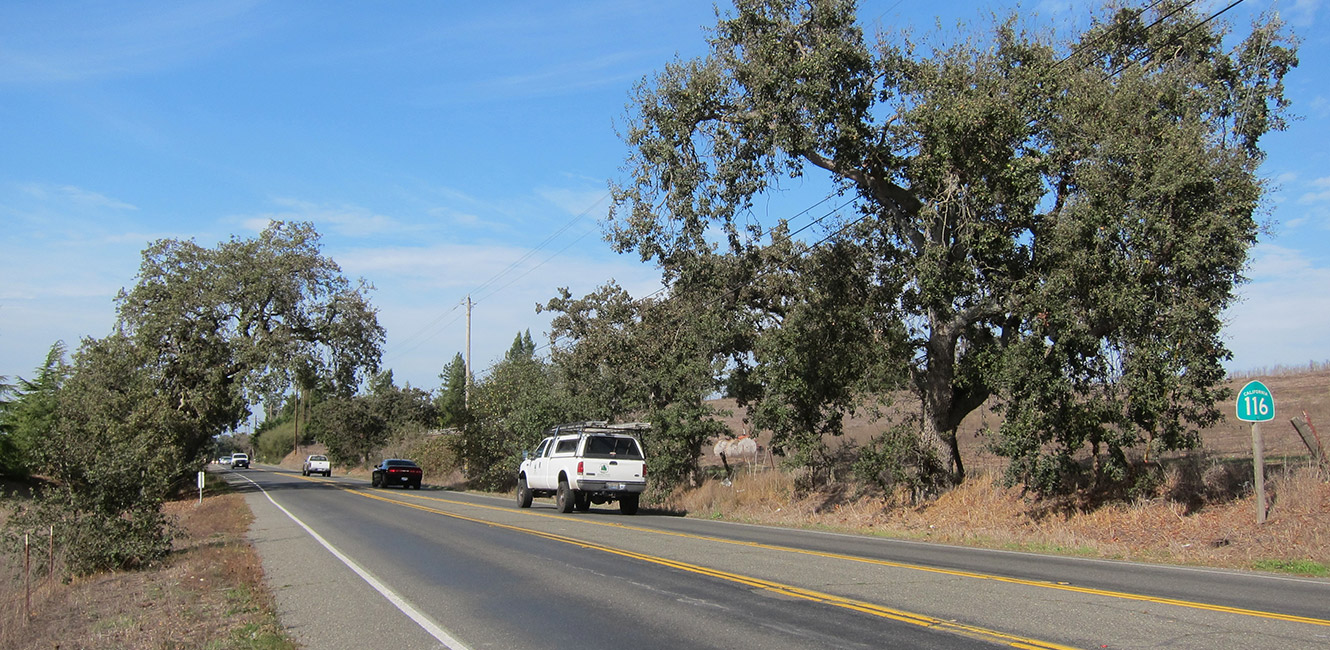Petaluma Sebastopol Trail - Background

Project Background
The Petaluma Sebastopol Trail is identified as a project in the 2010 County Bicycle and Pedestrian Plan. The concept was inspired by the route of the former Petaluma Sebastopol Railroad. However, much of the railroad right-of-way is privately owned and developed for other purposes. Therefore, a feasibility study was completed to help determine the safest and most feasible route for a separated paved trail that would link the cities of Petaluma and Sebastopol, and the unincorporated communities in Sonoma County.
Project Description
The feasibility study for developing an approximately 13-mile paved trail connecting Petaluma and Sebastopol was completed in 2018. The feasibility study identified a preferred trail alignment and alternatives.
The proposed trail is located within the unincorporated areas of Sonoma County Supervisorial Districts 2 and 5, City of Sebastopol, and City of Petaluma. The trail would provide bicycling, walking, jogging, horseback riding where possible, and other recreational and commuting opportunities for residents of Petaluma, Sebastopol, and unincorporated areas such as Hessel and Cunningham. The trail will provide connections to other existing and planned pedestrian and bicycle networks such as the Laguna de Santa Rosa Trail and SMART Trail.
Project Funding
The cost for the feasibility study was $248,000. In April 2015, the California Department of Transportation (Caltrans) awarded a $209,436 Sustainable Transportation Planning Grant to Regional Parks to initiate the feasibility study. The County and its project partners contributed local matching funds totaling $38,564 as follows:
- City of Sebastopol - $6,564
- City of Petaluma - $1,000
- Sonoma County Bicycle Coalition (including private donations) - $11,000
- Santa Rosa Cycling Club - $5,000
- Sonoma County Regional Parks - $15,000.
No funding sources have been secured for the implementation of the trail. Regional Parks will pursue grant opportunities and other means of funding to develop the proposed trail improvements and alternatives recommended in the feasibility study.
The estimated trail development cost is approximately $33.5 million.


 Translate
Translate